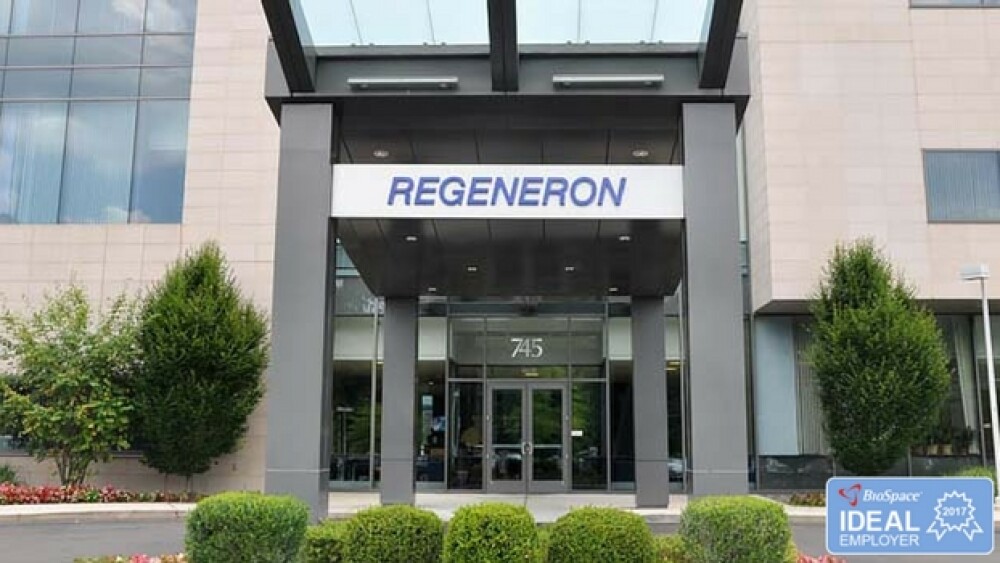Regeneron Pharmaceuticals’ Eylea (aflibercept) showed strongly positive data in a Phase III trial in patients with moderately severe and severe non-proliferative diabetic retinopathy (NPDR). The trial met its 52-week primary endpoint and key secondary endpoints.
Regeneron Pharmaceuticals’ Eylea (aflibercept) showed strongly positive data in a Phase III trial in patients with moderately severe and severe non-proliferative diabetic retinopathy (NPDR). The trial met its 52-week primary endpoint and key secondary endpoints.
For the primary endpoint at one year, 80 percent and 65 percent of patients given Eylea on an every 8-week and every 16-week interval, respectively, showed a two-step or greater improvement on the Diabetic Retinopathy Severity Scale compared to only 15 percent on the patients receiving the sham (placebo) injection.
The two key secondary endpoints were the drug showing reduced vison-threatening complications by 82 to 85 percent and the development of center-involved diabetic macular edema by 68 to 74 percent compared to the sham injection.
“Blindness caused by diabetes is one of the most feared consequences of this disease,” said George D. Yancopoulos, president and chief scientific officer of Regeneron, in a statement. “In this trial of patients with diabetic eye disease and normal vision, it is notable that without treatment more than one third of patients developed a vision-threatening complication or diabetic macular edema within one year.”
Although this was very good news for Regeneron and diabetic patients, they also received some bad news today. The Food and Drug Administration (FDA) rejected its Chemistry, Manufacturing and Controls (CMC) Prior-Approval Supplement (PAS) for the Eylea pre-filled syringe. The agency requested more information regarding manufacturing and supply-chain processes and asked the company to complete a usability study evaluating a single injection of the Eylea pre-filled syringe in about 30 patients.
Regeneron indicates it plans to organize the data and resubmit the PAS in early 2019, with a 2019 launch of the Eylea pre-filled syringe.
Diabetic retinopathy affects about eight million people. It results in microvascular damage to the blood vessels in the retina, usually caused by poor blood sugar control in diabetic patients. It often starts as NPDR without any symptoms. This can progress to PDR, where the abnormal blood vessels grow onto the surface of the retina, which can cause severe loss of vision.
Eylea is a vascular endothelial growth factor (VEGF) inhibitor formulated for injecting into the eye. It blocks the growth of new blood vessels and decreases the ability of fluid to pass through the blood vessels in the eye.
It is currently approved in the U.S. for patients with Neovascular (Wet) Age-related Macular Degeneration (AMD), Macular Edema after Retinal Vein Occlusion (RVO), Diabetic Macular Edema (DME) and Diabetic Retinopathy (DR) in patients with DME.
Eylea brought in $3.7 billion in the U.S. in 2017. It’s dominant in the eye-disease market, but Roche’s prefilled syringe treatment is showing signs of competition. The FDA approved its Lucentis (ranibizumab injection) 0.3 mg prefilled syringe (PFS) for all forms of diabetic retinopathy in March 2018.
The Lucentis PFS is manufactured of borosilicate glass and packaged in a single-use sterile, sealed tray. This is designed to avoid steps for the doctors, who just open the package, snap off the syringe cap, attach the need and adjust the dose.





